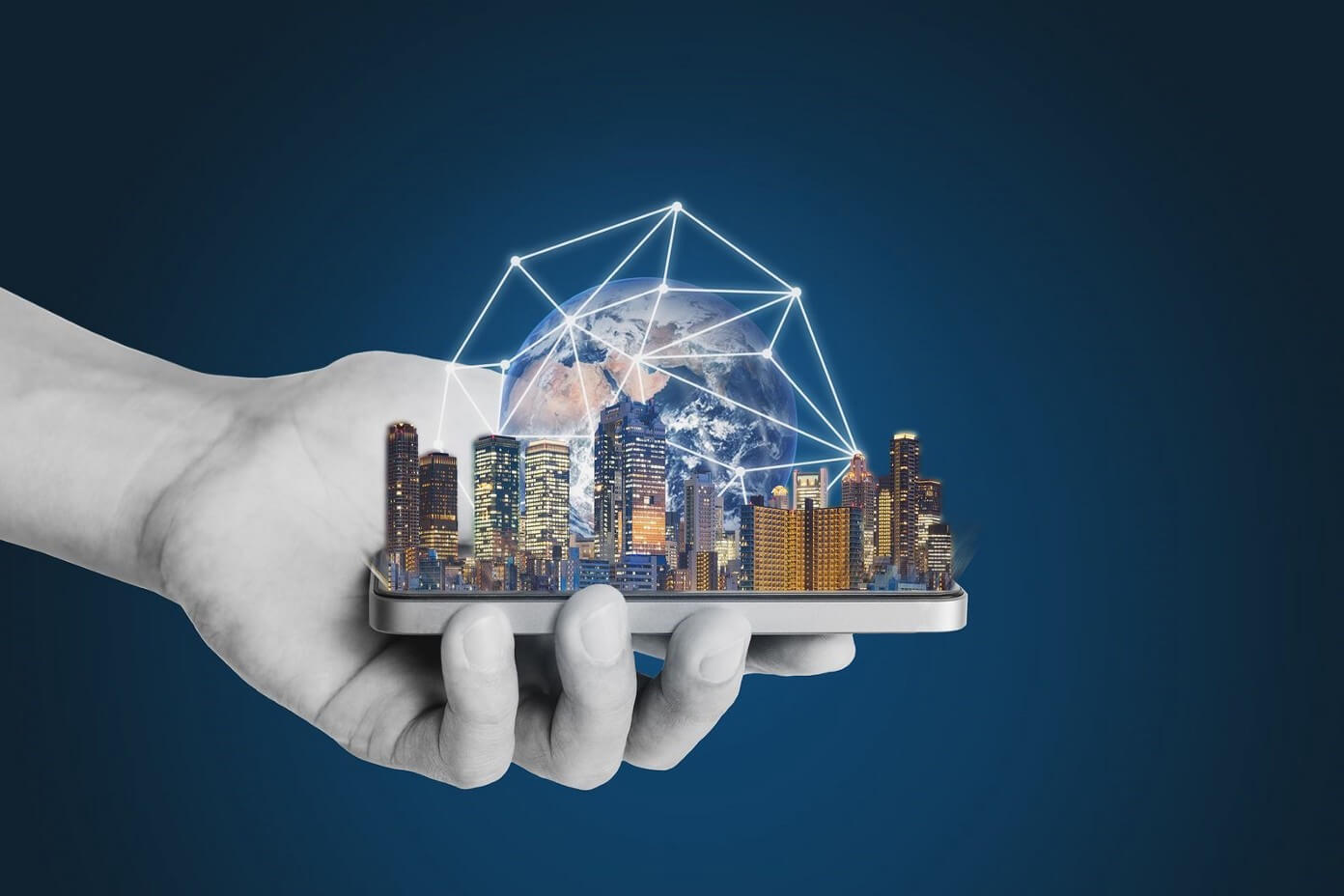
Real Estate on the Blockchain – How VR Platforms are Disrupting the Property Market
Real estate has traditionally been a sector plagued by inefficiencies, lack of transparency, and high costs. However, the emergence of blockchain technology and virtual reality (VR) platforms has the potential to disrupt the property market and revolutionize the way real estate transactions are conducted.
Real estate on the blockchain offers numerous advantages such as transparency, efficiency, and security, while VR platforms enhance customer experiences by enabling remote property viewings, virtual staging, and property tours.
This article will explore the impact of blockchain technology and VR platforms on the real estate sector and discuss how the combination of these technologies is driving innovation and transforming the industry.
Definition of Real Estate on the Blockchain
Real estate on the blockchain refers to the use of blockchain technology to facilitate real estate transactions, management, and investment. Blockchain technology is a decentralized, digital ledger that enables secure, transparent, and tamper-proof transactions without the need for intermediaries.
In the context of real estate, blockchain technology can be used to digitize property titles, automate property management processes, and facilitate real estate investment through the creation of tokenized assets.
The use of blockchain technology in real estate offers numerous benefits, including increased efficiency, transparency, and security.
Real Estate on the Blockchain
Real estate on the blockchain refers to the use of blockchain technology in the real estate industry. Blockchain technology is a decentralized, digital ledger that enables secure, transparent, and tamper-proof transactions without the need for intermediaries.
In the context of real estate, blockchain technology can be used to digitize property titles, automate property management processes, and facilitate real estate investment through the creation of tokenized assets.
One of the main advantages of using blockchain technology in real estate is increased transparency. Blockchain provides a tamper-proof and immutable record of all transactions, which means that all parties involved in a transaction have access to the same information. This can help to reduce disputes and improve trust between parties.
Another advantage of using blockchain in real estate is increased efficiency. The use of smart contracts, which are self-executing contracts with the terms of the agreement written into code, can help to automate many of the processes involved in real estate transactions, such as property transfers and payments. This can help to reduce the time and costs associated with these processes.
Blockchain technology can also help to improve security in the real estate industry. Property titles and deeds can be digitized and stored on the blockchain, which can help to prevent fraudulent activity such as title fraud.
The use of blockchain technology in real estate has the potential to revolutionize the industry by improving transparency, efficiency, and security. However, there are still challenges to be addressed, such as regulatory issues and the need for standardization in the industry.
Virtual Reality in Real Estate
Virtual reality (VR) has emerged as a powerful tool in the real estate industry, offering numerous benefits to property buyers, sellers, and agents alike. VR technology allows users to experience a property as if they were physically present, providing a more immersive and realistic experience than traditional property photos and videos.
This can help to enhance the property viewing experience, particularly for remote buyers who may not be able to visit a property in person.
One of the main advantages of using VR in real estate is that it can help to reduce costs. Traditionally, property viewings require the physical presence of buyers, sellers, and agents, which can be time-consuming and expensive.
However, with VR technology, property viewings can be conducted remotely, reducing the need for travel and other associated costs.
VR technology can also help to enhance property listings. By creating virtual tours of properties, agents can provide potential buyers with a more comprehensive and realistic view of a property than traditional photos and videos. This can help to attract more buyers and increase the chances of a successful sale.
Another advantage of using VR in real estate is that it can help to reduce the time it takes to sell or rent a property. By enabling remote property viewings, agents can reach a wider audience of potential buyers, increasing the chances of a successful sale or rental.
The use of VR technology in real estate offers numerous benefits, including reduced costs, enhanced property listings, and faster sales and rentals. As technology continues to evolve and become more widely adopted, it has the potential to transform the way real estate transactions are conducted.
The Disruption of the Property Market
The combination of blockchain technology and virtual reality (VR) platforms is disrupting the property market, transforming the way real estate transactions are conducted and the way properties are marketed to potential buyers.
Blockchain technology is providing a more efficient, transparent, and secure way to conduct real estate transactions. By digitizing property titles, automating property management processes, and enabling the creation of tokenized assets, blockchain is reducing the need for intermediaries and streamlining the entire transaction process.
This is increasing efficiency and reduces costs for all parties involved, while also providing greater transparency and security.
At the same time, VR platforms are enhancing the property viewing experience for buyers, offering a more immersive and realistic way to explore properties. By creating virtual tours and staging, agents can provide buyers with a more comprehensive view of a property than traditional photos and videos.
This is particularly useful for remote buyers who may not be able to visit a property in person, as it allows them to experience the property as if they were there.
The disruption of the property market by blockchain and VR is also leading to new investment opportunities.
Tokenized assets, which are created by digitizing real estate assets and representing them as tokens on a blockchain, are allowing investors to participate in the real estate market without having to buy physical property. This is opening up new investment opportunities and increasing liquidity in the market.
The disruption of the property market by blockchain and VR is leading to greater efficiency, transparency, and security in real estate transactions, as well as providing new investment opportunities. As these technologies continue to evolve and become more widely adopted, they have the potential to transform the entire real estate industry.
The integration of blockchain technology and virtual reality (VR) platforms is transforming the way real estate transactions are conducted and how properties are marketed to potential buyers.
Blockchain technology is making real estate transactions more efficient, transparent, and secure by reducing the need for intermediaries and streamlining the entire transaction process.
Conclusion
VR platforms are enhancing the property viewing experience for buyers, providing a more immersive and realistic way to explore properties. This is opening up new investment opportunities and increasing liquidity in the market.
As these technologies continue to evolve, they have the potential to revolutionize the real estate industry by increasing efficiency, transparency, and security, while also providing new investment opportunities. However, there are still challenges to be addressed, such as regulatory issues and the need for standardization in the industry.
Nevertheless, the disruption of the property market by blockchain and VR is creating exciting new possibilities for buyers, sellers, and investors alike.





